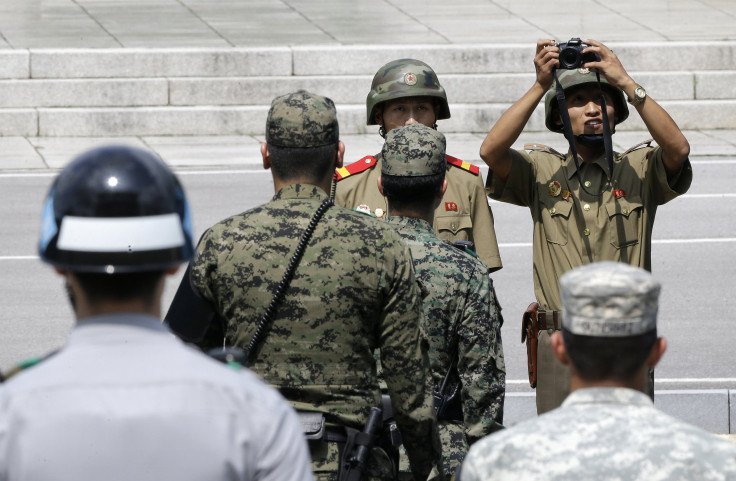North Korea To Create Pyongyang Time Zone To Move Away From Japan Standard Time

North Korea announced Friday it would create its own time zone called “Pyongyang time” next week by pulling back its current standard time by 30 minutes. The country said the move is part of an effort to break away from the standard time imposed by “wicked Japanese imperialists” over a century ago.
North Korea and South Korea share their time zone with Japan as it was established during Japan’s rule from 1910 to 1945 over the then unified Korea.
North Korea’s Korean Central News Agency (KCNA) said that the measure, which was approved Wednesday, would come into effect Aug. 15 on the 70th anniversary of the end of Japanese colonial rule over the Korean peninsula.
"The wicked Japanese imperialists committed such unpardonable crimes as depriving Korea of even its standard time while mercilessly trampling down its land with 5,000-year-long history and culture and pursuing the unheard-of policy of obliterating the Korean nation," the Associated Press reported, citing the official KCNA news agency.
South Korea also briefly changed its time in 1854 to reflect the country’s split from Japanese rule, but reverted to Japan Standard Time in 1961 in order to make operational planning easier among the two major U.S. allies.
Seoul’s Unification Ministry warned Friday that the incongruity could cause some minor disruption at a jointly operated industrial park near the border between the two nations, and in other inter-Korean affairs.
The two Koreas were divided after their 1945 liberation into the U.S.-backed South and the communist North. They remain divided along the world’s most heavily fortified border since the Korean War ended in 1953 with an armistice.
© Copyright IBTimes 2025. All rights reserved.




















